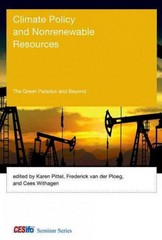Question
The framers had a fairly narrow definition of who might be best suited to vote and hold public office. For the most part, they left
The framers had a fairly narrow definition of who might be best suited to vote and hold public office. For the most part, they left the question of voting eligibility to the states, with full knowledge that the states did not allow women, Native Americans, enslaved people, free blacks, or young people to vote. Many states required voters to pay a poll tax or show evidence of property ownership. A few even required people to belong to an established church. A majority of people residing in the United States when the Constitution was ratified in 1788, as a consequence, were not eligible to vote in American federal elections.
Over the broad course of American history, however, the right to vote has expanded to include virtually every once-excluded group. These democratizing actions took place first at the state level, where poll taxes were gradually eliminated (later reinstituted for African Americans in the South during the Jim Crow period), as were property qualifications and religious tests. By the late 1820s, white male suffrage was universal in the United States. Later, a series of constitutional amendments gradually incorporated other excluded groups. First, former enslaved males were granted the right to vote, then women, and finally 18- to 21-year-olds. Think about the role Congress has played in make voting rights and U.S. citizenship more inclusive.
Now construct a brief argument for or against this proposition: Congress should pass a law granting citizenship and voting rights to law-abiding individuals brought to this country illegally as children. How would you defend your position to a fellow student? What would be your main line of argument? What evidence do you believe best supports your position?
Step by Step Solution
There are 3 Steps involved in it
Step: 1

Get Instant Access to Expert-Tailored Solutions
See step-by-step solutions with expert insights and AI powered tools for academic success
Step: 2

Step: 3

Ace Your Homework with AI
Get the answers you need in no time with our AI-driven, step-by-step assistance
Get Started


